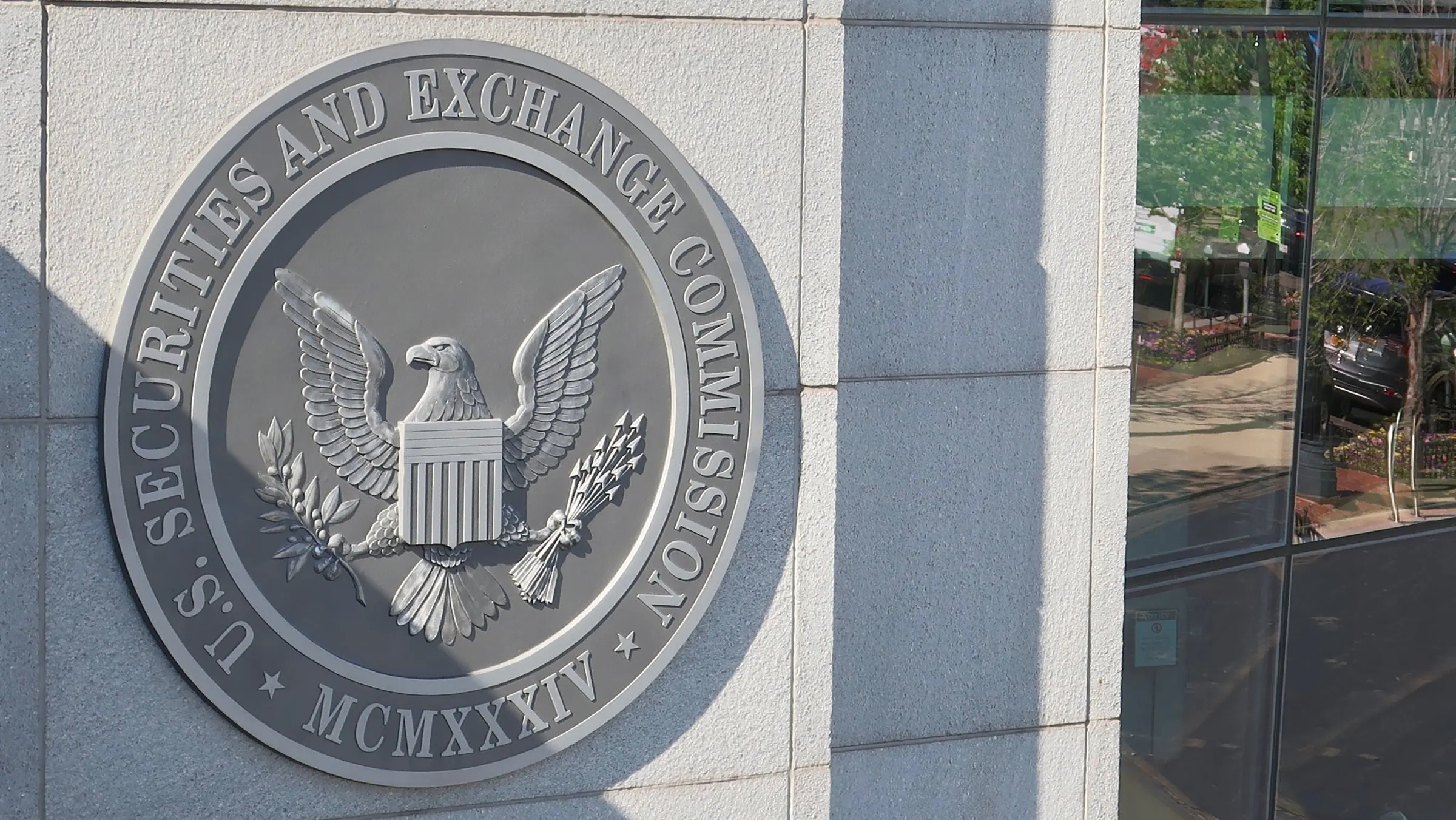The Kuwait Ministry of Interior has issued a warning against cryptocurrency mining, after electricity usage data indicated that over 1,000 locations in the Gulf nation may be running mining rigs.
Crypto mining has been illegal in Kuwait since July 2023, when the Capital and Markets Authority issued a circular banning all cryptocurrency activity, including transfers and trading.
The detection of abnormal electricity usage has led the Ministry of Interior to reaffirm this ban, writing in an announcement that mining is an “unlicensed activity and a direct violation of the county’s law.”
Yet Kuwait has some of the lowest electricity prices in the world, and it seems that the relatively low cost of energy is too much of an enticement for some residents, with the government highlighting several negative results.

Illegal Crypto Mining ‘Powerful Tool’ for Cybercrime Syndicates: UN Report
The United Nations has sounded the alarm on a new phase of global organized crime, where crypto mines hum in militia-run factories, stablecoins help wash billions, and Telegram hosts black markets. A new report from the United Nations Office on Drugs and Crime (UNODC) reveals that transnational criminal groups from East and Southeast Asia are rapidly expanding their operations worldwide, using illegal crypto mining as a “powerful tool” to launder billions in illicit proceeds. The report titled “...
As the Ministry writes, “[mining] also causes power outages in residential, commercial and service areas, in a way which poses a threat to public safety and disrupts providing regular essential services.”
The governmental department—which is responsible for policing and public security—also used its warning to call on “violators to promptly rectify their stances,” threatening prosecution “in accordance with applicable laws” if they fail to do so.
The warning from the Ministry of Interior is part of a joint effort with several other governmental agencies, including the Ministry of Electricity, Water and Renewable Energy, which has also been able to identify extremely high electricity usage in 100 homes in the Al-Wafra region.
According to the Ministry’s spokesperson, Fatima Jawhar Hayat, the flagged homes display consistently and abnormally high usage 24 hours a day, which is unlike the fluctuating patterns typical of homes.

Investor That Retired at 36 Puts 75% of Assets in Bitcoin
Former hedge fund manager Raoul Pal has invested heavily in Bitcoin and Ethereum, according to a tweet sent today. Pal is a former Goldman Sachs trader who retired from a successful hedge fund management career at the young age of 36. Since then, he co-founded Real Vision to democratize access to financial information. With over 10,000 subscribers and 100 countries, Pal’s opinions command a lot of attention and, with that thriving platform, he has made quite the statement by investing 75% of his...
“In some cases, consumption exceeded 100,000 kilowatt-hours during March 2025—nearly 20 times the typical usage of neighboring homes,” she said.
It’s not clear what has happened to the occupants of the 100 identified homes, yet Hayat added that the Ministry will continue monitoring electricity consumption throughout Kuwait.
According to the Cambridge Bitcoin Electricity Consumption Index, Kuwait accounted for 0.05% of Bitcoin’s total hashrate in 2022, one year before its financial regulator banned cryptocurrency mining.
While there is no reliable data on crypto ownership in Kuwait since the 2023 ban, there is evidence that the Kuwaiti public continues to trade digital assets.

Bitcoin Mining Stocks Tumble Amid Wider Market Turmoil
Shares of the top publicly traded Bitcoin mining companies plunged on Thursday a day after U.S. President Donald Trump rattled markets by imposing global tariffs. American miners, including Hive Digital, CleanSpark, Riot Platforms, and BitDeer were all trading between 6-8% lower on Thursday morning New York time. Other U.S. Bitcoin miners such as Core Scientific and MARA dropped by more than 11% and 8%, respectively. The dip in prices comes after crypto-friendly Trump said he would impose a...
Most recently, a fraudulent token called Bitcoin Kuwait resulted in retail investors losing around $40 million, after it collapsed in price almost immediately after launching in January.
This fraud was the subject of public complaints by researcher Dr. Safaa Zaman on X, who highlighted the lack of enforcement of Kuwait’s ban on cryptocurrency activities, and who called for legislation to reinforce the government’s stance on crypto.
She wrote, “Where is the oversight, where is the legislation, and where is the fraudster?”
Edited by Stacy Elliott.




